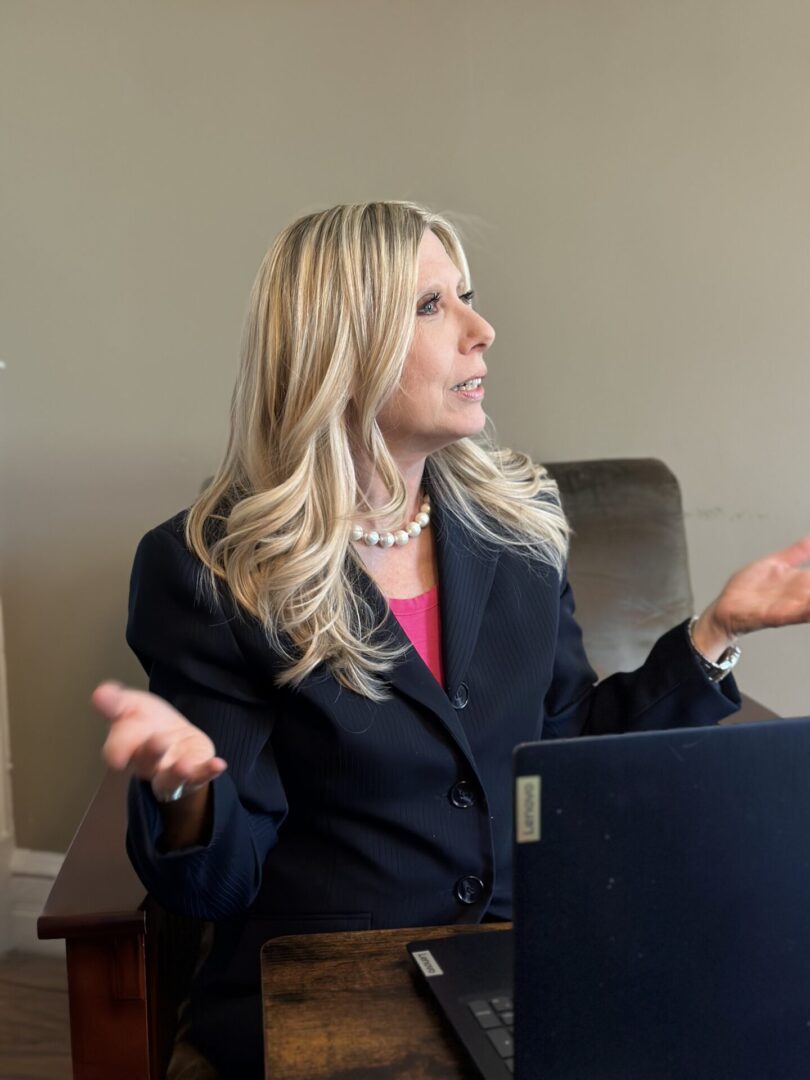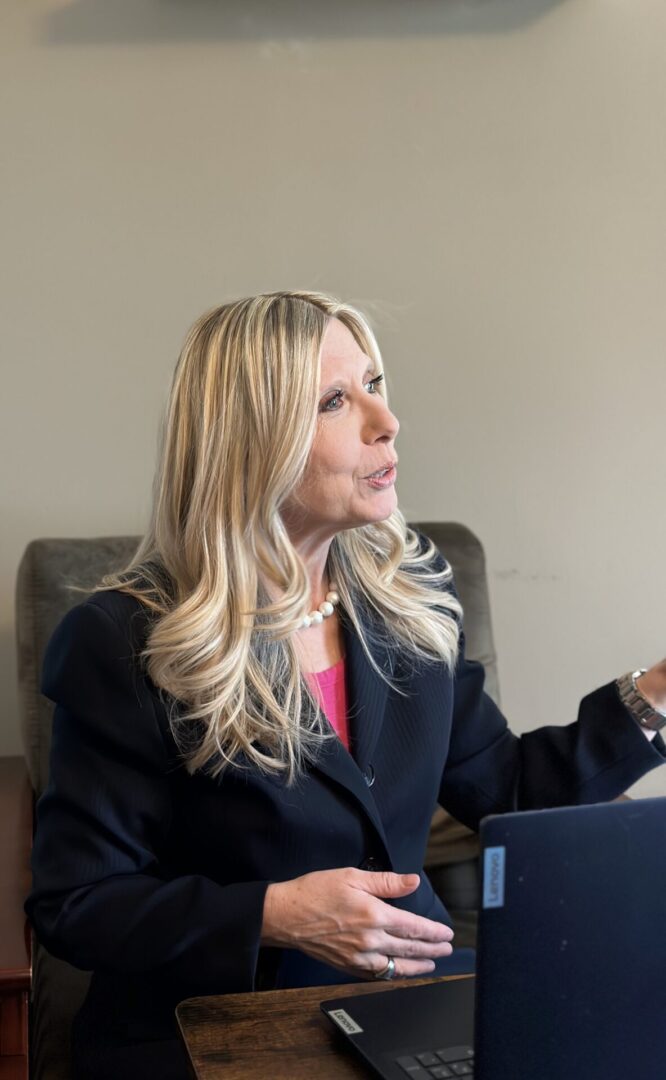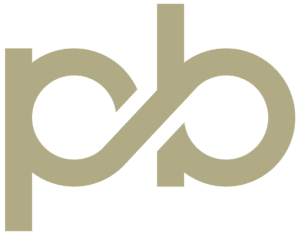
Is Conflict Running Rampant In Your Workplace?
If allowed to grow unchecked, conflict in the workplace drags down morale, creates tension and frustration, gets in the way of productivity, and poisons work relationships. Clearly, you want to reduce the amount of conflict occurring in your workplace, but what is the best way to go about it?
How do you deal with aggressive behavior, negative attitudes, excessive sarcasm, hidden agendas, and other sources of workplace conflict in a positive, healthy, productive fashion? How can you defuse "hot button" situations, calm explosive personalities, and exercise damage control — without losing confidence and composure in the process?
Are you dealing with abrasive personalities, short tempers, and lack of motivation within your team. We'll show you how to keep your cool, maintain control, and keep your own emotions in check.
Confronting Workplace Conflict Training is designed to help you handle the inevitable conflicts that arise at work — assertively, calmly, and rationally. You'll master tools and techniques for keeping a firm hold on your emotions, communicating more effectively, and defusing volatile situations. You will discover how to analyze different types of conflict situations so that you can respond accordingly. You'll learn to identify "difficult" and "toxic" worker personalities and understand how they facilitate conflict. You will also discover practical, proven solutions for creating a more harmonious, collaborative workplace community. We use a range of conflict analysis tools to make subjective conflict perceptions more transparent and to enhance reflection and communication.
Anger, hurt, blame, and lost productivity are direct results of conflict — but they don't have to be. We will show you how to manage conflict more effectively, focus on finding solutions and reaching compromises, and keep the lines of communication open and flowing.
Organizational Assessments & Culture Optimization
For an organization to function effectively, it should adhere to some fundamental principles of employee satisfaction, engagement, and communication. Your team should have clear, transparent expectations, a consistent culture, and an understanding of each person’s contribution.
During organizational assessments, we can determine how your company is currently functioning. We always talk to the leaders and managers in your company to understand what they think is working and what is not. We also run comprehensive surveys and make presentations to all participants so they feel included in the process. We make recommendations based on what we discover, and we will be there to consult with you as you implement their recommendations.


Conflict Coaching
Our conflict coaching program incorporates both communication training and conflict management skill-building through individualized coaching sessions. Coaching sessions are offered online or in person; we can train a single person or an entire group.
Communication Training
Communicating effectively is an invaluable skill. Communicating with someone in a work situation can be different from communicating with someone in a personal situation.
We teach leaders and team members to improve their listening skills and see things empathically from a variety of perspectives. We train individuals to think rationally and to deal with people with difficult personalities using effective communication strategies.
The Workplace Program
Our unique program has served hundreds of employees and organizations to achieve happier, healthier relationships. Our coaching typically involves individual coaching and dialogue facilitation between parties that aim to resolve conflicts and transform relationships. While each situation is unique, below are the typical steps to our Workplace program.
One-on-One Interviews
Every effort begins with individual meetings between the Conflict Resolution Specialist and each participant involved. These sessions serve as both a deep dive into the issues and an opportunity to coach and prepare each participant to engage in constructive dialogue.
Facilitated Dialogue
Based on the individual interviews, the Specialist determines who to involve in dyadic dialogue sessions facilitated by the CR Specialist. The goal will be to reconcile grievances and create an agreement or plan to move forward productively in the working relationship.
Follow-Up Coaching
After the dialogues and agreements, the Specialist has a series of coaching sessions with each participant to make sure the solutions are working. Rebuilding trust is an ongoing process that requires consistent monitoring, assessment, and adjustment.

